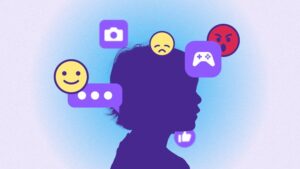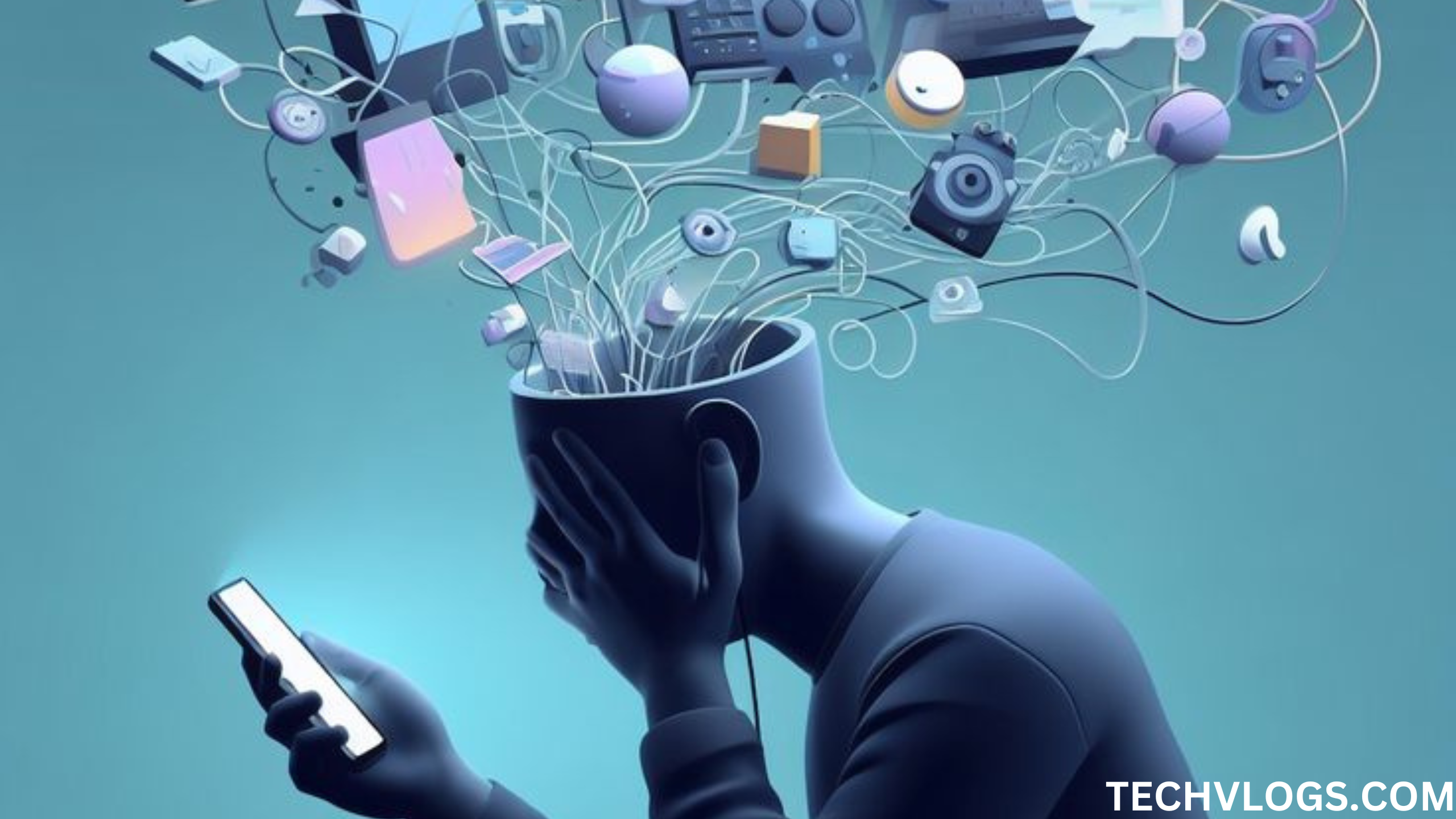How it is related to students mental health?
Imagine you’re a teacher or professor who has to grade a bunch of assignments, papers, or exams for your students. The grading load, coupled with other demands, can be a mental marathon, especially for those already battling anxiety or depression.
Now, throw technology into the mix. Outdated grading systems and relentless emails can bog you down in grading, stealing your focus and adding unnecessary stress.
Tech-related stress in AI in mental health
All that tech-related stress and those distractions can take a serious toll on your mental health and well-being. Grading fatigue can set in, leading to burnout, low motivation, and even physical symptoms like headaches or sleep issues from all that screen time. When you’re in that kind of mental state, it can be really tough to stay productive and efficient with your grading responsibilities. You might find yourself procrastinating more, making careless mistakes, or just feeling too drained to power through all those assignments and exams. Teacher burnout can lead to delayed grades, impacting students who rely on timely feedback. Outdated tech, constant digital demands, and the mental strain they create can form a perfect storm for teachers. This bogs down grading, leading to delayed results that frustrate students.
It’s definitely an issue that educational institutions need to be mindful of – prioritizing up-to-date tech resources, promoting better work-life balance for staff, and providing mental health support could go a long way in avoiding those delays.

The relationship between mental health and technology:
The relationship between mental health and technology is multifaceted and complex. Technology has the potential to both positively and negatively impact mental health. Here are Some ways in which mental health and technology are related:
- The internet unlocks a world of information on mental health conditions, treatments, and support groups. Consequently, this accessibility can help raise awareness, promote early detection, and facilitate access to care.
- Online therapy and support: Tech has brought us online therapy, telepsychiatry, and virtual support groups. Mental health apps bridge the gap for remote areas and offer privacy and convenience. Mental health apps and digital tools are a growing resource for people looking to manage their mental health. There are a variety of apps available that can help with everything from anxiety and depression to stress and sleep problems. These can include apps for meditation, cognitive-behavioral therapy (CBT), mood tracking, and symptom monitoring. However, the effectiveness and reliability of these apps may vary.
- Social media and connectivity: Social media platforms can facilitate social connections and support networks, which can be beneficial for mental health. Social media overuse can worsen loneliness, anxiety, and depression, especially with social comparison or cyberbullying.
- Addiction and overuse: Tech overuse (gaming, social media, etc.) can turn addictive, harming mental well-being. This leads to a domino effect: messed-up sleep, social isolation, and neglecting life’s other parts.
- Cyberbullying and online harassment: Online anonymity fuels cyberbullying, harming mental health, especially for young people..
- Work-life balance and stress: Tech’s always-on culture bleeds work into personal life, raising stress and mental health risks.
- Privacy and data concerns: Tech data worries fuel anxiety and stress for some.
It is essential to strike a balance in the use of technology in AI mental healthand to be mindful of its potential impacts on mental health.
Technology offers a wealth of resources, but balance is key. Don’t forget self-care, and seek help if needed.
Fan engagement technology in T20 world cup 2024…….
Written By: Manasa
Reviewed by: Ravve.



1 thought on “How Mental Health and Technology are Related…..?”